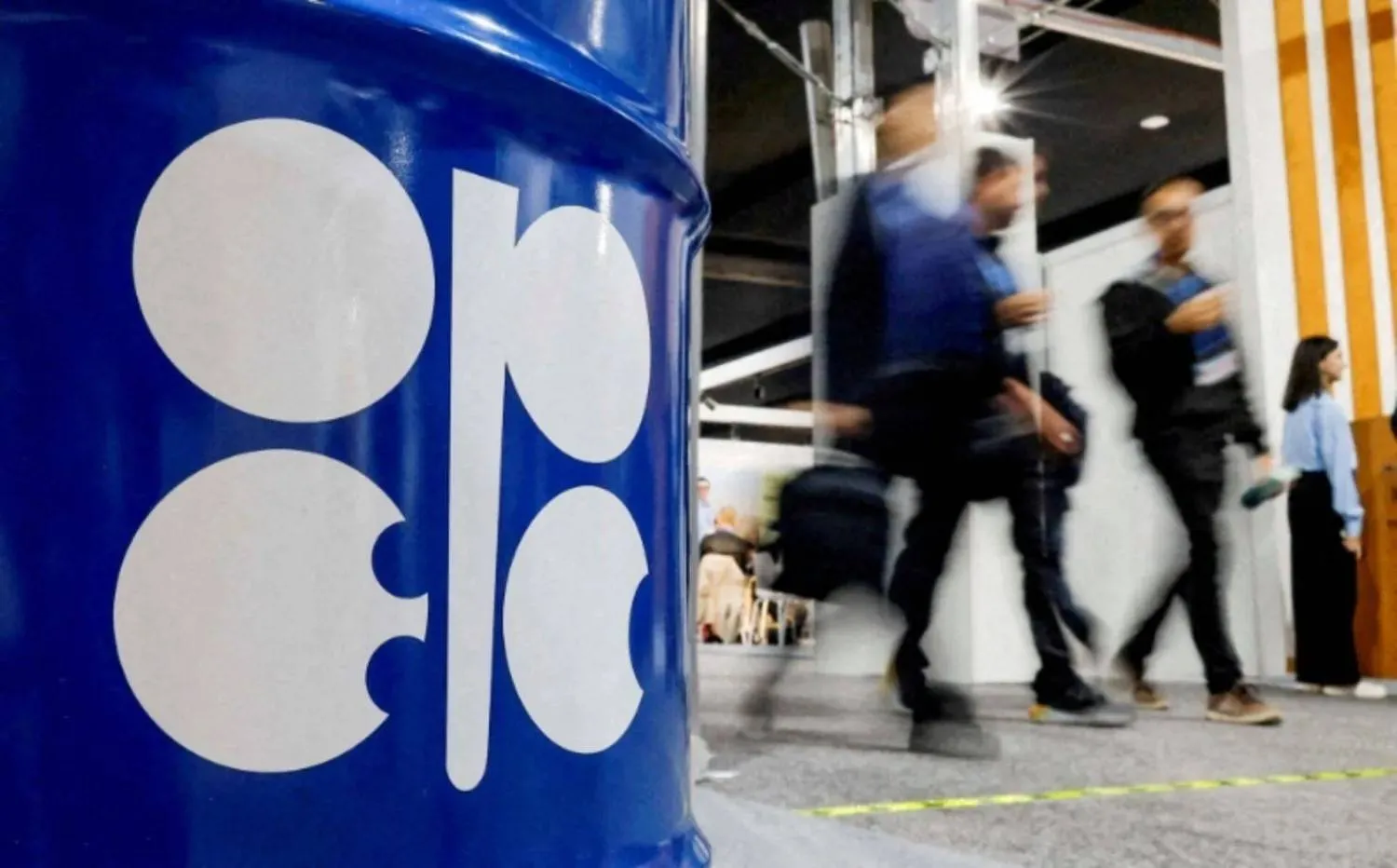In light of the repercussions of the crisis experienced by the Credit Suisse Group, the second largest bank in Switzerland, which has been operating for 167 years, the Saudi National Bank announced on Monday that any change in the fair value of its investment in the Swiss group would not affect its financial expectations and plans for the current year, disclosing that its total exposure should not exceed half a percentage point of its total assets.
“The Saudi National Bank’s total assets exceed SR945 billion. SNB remains comfortably above all prudential thresholds and continues to enjoy healthy capitalization and liquidity. SNB remains focused on its core strategy of growth in Saudi Arabia, which is among the fastest growing countries within the G20,” the bank said in a statement.
In November 2022, SNB made a SR5.5 billion, or 9.88%, investment in Credit Suisse as a financial investment allocation within SNB’s investments portfolio as part of a capital raising exercise by the global investment and financial services firm based in Switzerland.
In relation to this investment, SNB disclosed as of December 2022, SNB’s investment in Credit Suisse constituted less than 0.5% of SNB’s total assets, and around 1.7% of SNB’s investments portfolio.
The troubled Credit Suisse intended a few days ago to borrow the equivalent of $54 billion from the Swiss Central Bank, and decided to take decisive measures proactively to enhance its liquidity. Swiss UBS submitted a purchase offer of $3.23 billion to save the situation.
In comments to Asharq Al-Awsat, financial market analyst Hamad Al-Olayan said that the SNB announcement could be taken in two parts: the first is negative, in terms of acknowledging the loss, which is commendable, as he put it, and the second is positive, which is that the Credit Suisse problem was now over.
He added that the opportunities currently available in Saudi Arabia and the Gulf region were much better than those in Europe and America due to factors including the Russian-Ukrainian war, inflation, and inflated interest rates.
Saudi banks are considered among the best in the world due to the implementation of international standards, including Basel 3 requirements, Al-Olayan underlined.









